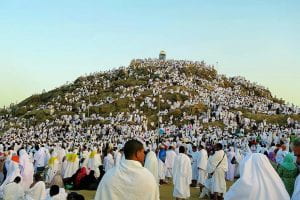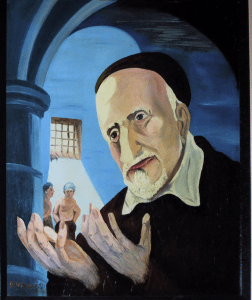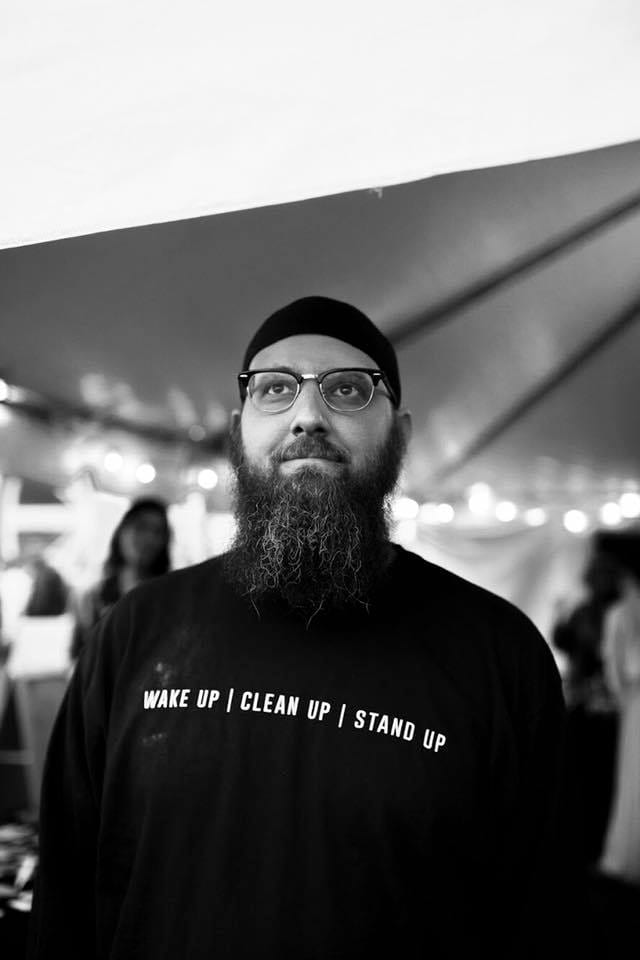 During this Black History month, I have been reflecting a great deal, as I often do, on the life of Malcolm X. February 21 marked the fifty-seventh anniversary of his martyrdom. Encountering the life and work of Malcolm, also known as El-Hajj Malik El-Shabazz, changed the course of my own life, and I have studied and taught about him for three decades now.
During this Black History month, I have been reflecting a great deal, as I often do, on the life of Malcolm X. February 21 marked the fifty-seventh anniversary of his martyrdom. Encountering the life and work of Malcolm, also known as El-Hajj Malik El-Shabazz, changed the course of my own life, and I have studied and taught about him for three decades now.
There is often mystery involved in who becomes known and influential and who is largely forgotten to history. Some people are famous during their lifetimes and become unknown later. Others are obscure in their lifetimes and become famous after their deaths. Many people become known and thought of in ways that would surprise them and those who knew them. For those of us who have faith, we believe there is divine providence in these processes, and yet none would deny that many truly good people are never known or recognized beyond their families.
One of the Vincentian virtues, in fact the virtue most beloved to Vincent de Paul, was simplicity.[1] Although Malcolm first came to national prominence on the basis of his rhetorical powers, I believe it is his simplicity that continues to inspire. Simplicity involves actions such as witnessing to what is true, living in a way where deeds match words, and believing with complete sincerity in ideals. None of us—not even Vincent or Malcom X—are perfect, but if we strive in a way that honors this virtue, it will show in our lives.
It can at times be easier to love such exemplars from a distance. Simplicity requires us to tell the truth, as we understand it, to ourselves, those whom we love, and those who have power. It requires us to push ourselves and others to live up to our words when hypocritical virtue is often more comfortable. It requires us to not only speak what is popular but to say what needs to be said and do what needs to be done. It requires us to change and grow, which often demands more courage than facing physical danger.[2] In the last years of his life, Malcolm was passionate about acknowledging the shortcomings of people and institutions to whom he had devoted all his gifts and energies. He saw it as necessary to honoring the ideals that he held sacred.
Some may say Malcolm X is far different than Vincentian role models such as Vincent, Louise de Marillac, or Frédéric Ozanam. Malcolm’s rhetoric was revolutionary and at times harsh, even if often marked with humor and love that are salient to anyone truly familiar with his life and character. Yet the similarities are what strike me. Malcom and our Vincentian role models were all committed, not just to speaking about suffering or injustice, but acting effectively to lessen it. They were all driven by a need to be true to their ideals and to form and live in vibrant, life-giving communities. And they were all willing to change and grow even when it was hard or scary. They were all able to embrace these challenges due to their profound faith in God and love for humanity.[3]
Christians around the world are preparing to enter the season of Lent, when, through intensified worship and closeness to God, they prepare themselves to better meet such challenges. This year, the fasting month of Ramadan falls shortly after, when Muslims will pursue similar goals.
What are some ways you can live up to your own ideals effectively through your work at DePaul? Are there ways in which you have changed or may feel a need to change to be true to your values, even if it is hard or frightening?
Reflection by: Abdul-Malik Ryan, Assistant Director and Muslim Chaplain, Office of Religious Diversity and Pastoral Care, Division of Mission and Ministry
[1] For past reflections on simplicity, visit https://blogs.depaul.edu/dmm/tag/simplicity/.
[2] For Malcolm, change involved physical danger as well. Vincentian role models also faced danger in their work. For example, Marguerite Naseau, who is regarded as the first Daughter of Charity, followed God’s call to serve the poor and the sick. This resulted in ridicule and, eventually, in her own illness and death. For more, see https://daughters-of-charity.com/marguerite-naseau/.
[3] For a deeper examination of what we may learn from Malcom X, see my article, “Lessons from the Life of Malcom X.” Available at https://muslimmatters.org/2011/06/29/lessons-from-the-life-of-malcolm-x/.
UMMA’s Fast-a-Thon Iftar Dinner will take place this year on March 9, 2022, at 5:30 PM in Cortelyou Commons. DePaul community members can RSVP on DeHub: https://dehub.campusgroups.com/event_details?uid=d5ef46fe6af4f974d637b60ec8a25c2b




